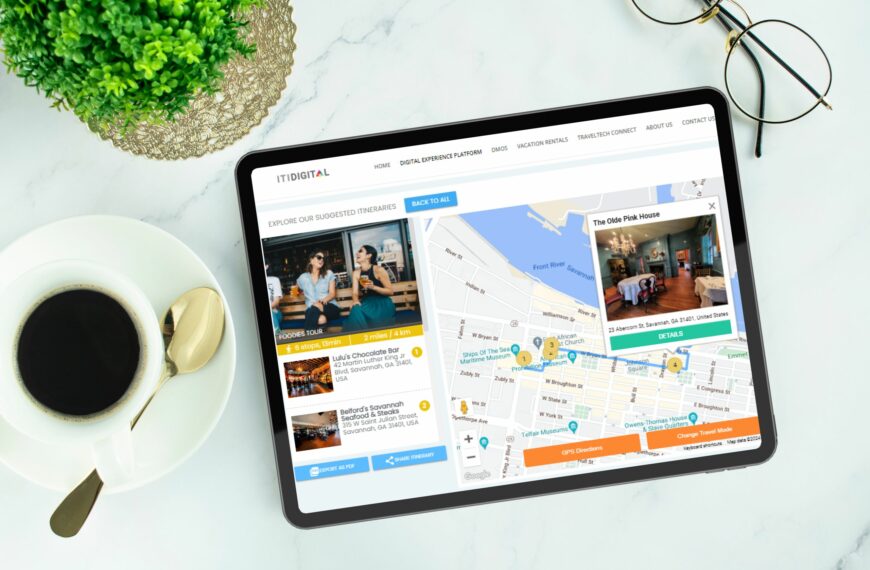In today’s digital age, where the internet is the go-to source for travel planning and research, having a website that meets the evolving expectations of modern users is crucial for any organization in the travel industry. This guide will help you assess whether your website stands up to the needs of today’s tech-savvy travelers, emphasizing the importance of content and technology in shaping user experiences.
Understanding Today’s Internet Users
Modern internet users seek intuitive, informative, and interactive online experiences. They expect websites to provide not just information, but insights, tools, and resources that aid in travel planning and decision-making. To evaluate your website effectively, it’s essential to understand these user expectations and how they translate into web design and content strategies.
Evaluating Your Website’s Content
- Relevance and Value: Ensure your content is not only relevant but also offers value to your visitors. It should answer common questions, provide insights into the destination, and inspire users to explore further.
- Freshness and Regular Updates: Check if your website’s content is regularly updated with the latest information on destinations, events, and travel advice. Outdated content can diminish your site’s credibility.
- Multimedia Integration: Evaluate the use of images, videos, and other multimedia elements. Visual storytelling can significantly enhance user engagement and convey the allure of travel destinations more effectively.
- Interactivity and Personalization: Interactive elements like quizzes, itinerary builders, and personalized recommendations can greatly enrich the user experience, making your website more engaging and useful for planning.

Assessing Your Website’s Technology
- Mobile Responsiveness: With the increasing use of smartphones for internet access, ensure your website is mobile-responsive, providing a seamless experience across all devices.
- Loading Speed: Evaluate your website’s loading speed, as slow-loading pages can frustrate users and increase bounce rates.
- User Interface (UI) and User Experience (UX): The website should offer an intuitive navigation structure and a pleasant user experience, making information easily accessible and actions straightforward.
- Search Engine Optimization (SEO): Assess your website’s SEO to ensure it ranks well in search results, making it easier for potential travelers to find your content.
- Security: Ensure your website is secure, especially if it handles user data, to build trust with your visitors.
About ITI Digital
ITI Digital is at the forefront of integrating AI, advanced technology and dynamic content solutions tailored for the travel industry. Our commitment to innovation ensures that our partners’ websites not only meet but exceed the expectations of modern internet users, providing them with memorable and efficient online experiences that aid in travel planning.






